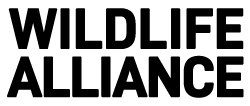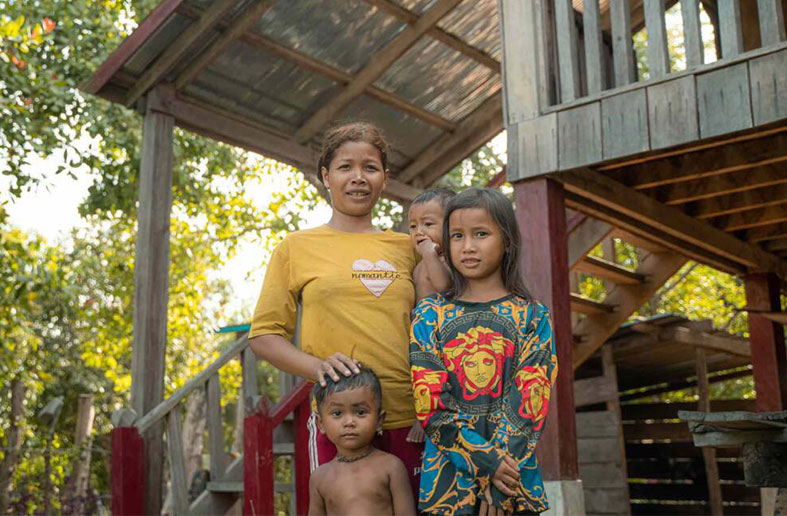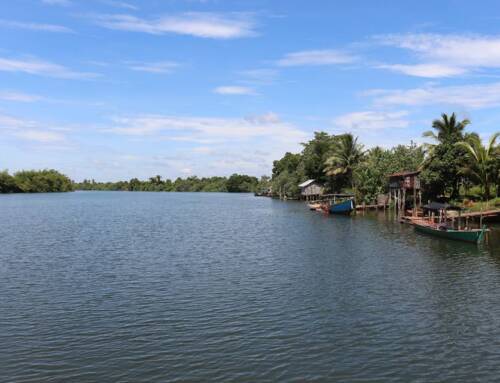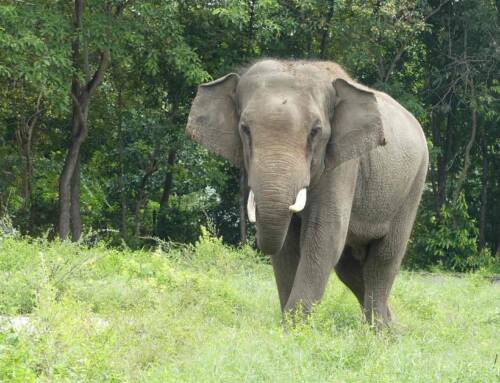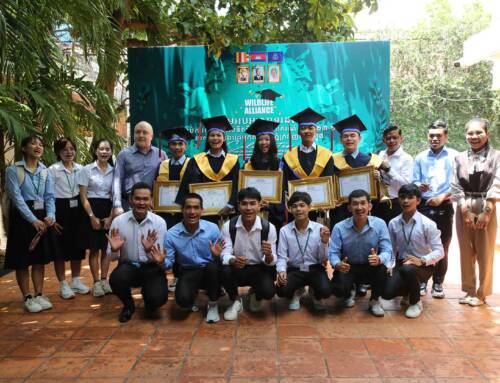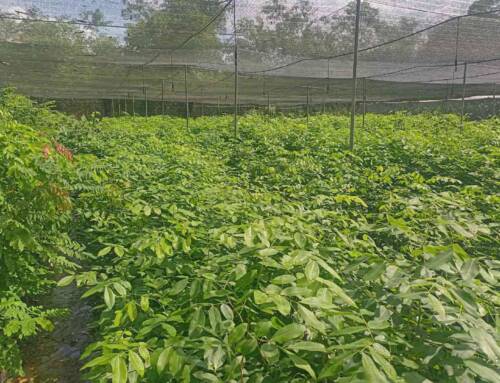For more than a year, with the support of our partners, we have been engaging with Human Rights Watch (HRW) about a report they have prepared on the Southern Cardamom REDD+ Project.
The report was published this morning, and as we expected it presents a fundamentally misleading picture of our work.
We are particularly dismayed that HRW refused to share key information with us about alleged incidents with community members before publication. We repeatedly requested these details so that we could try and substantiate them and make immediate remediation if any of the allegations turned out to be true. So far, after painstaking work, we have been unable to substantiate any of the alleged incidents – and in fact have found some to be false – but with more detail now finally provided we will continue these efforts immediately.
While we respect and value HRW’s mission, reading today’s report we must ask:
Is Human Rights Watch seeking to undermine the project simply as a means to criticise the REDD+ system?
We do not say this lightly, but after over a years’ correspondence during which HRW has been unwilling to truly engage in the preparation of this report, HRW has simply refused:
-
To consider numerous, essential points of fact and context that fundamentally undercut their allegations.
-
To meet with us at the project, after repeated requests and good faith efforts to schedule a visit.
-
To recognize the overwhelming community support for the project or the transformative positive impacts the project has had for communities, wildlife, the forest, and the climate. Instead, the report’s authors go to great lengths to paint a different picture, one that fundamentally distorts the reality of the project.
In fact, many of the criticisms the report makes about the Southern Cardamom project conveniently fit the narrative HRW had already created as part of their advocacy on international carbon markets.
We fear that the project and the communities we work with are being used as pawns, a sad and unacceptable situation given HRW’s stated mission – one we of course share and work tirelessly on the ground, every day, to advance in the complex real-world work of community-centred conservation.
Some further points:
Communities overwhelmingly support the project
The 29 communities who directly benefit from the project’s work, including the Indigenous Chorng people, overwhelmingly support the project – and express that support freely. When voting as part of the Free Prior and Informed Consent process, over 98% of community members indicated their ongoing support. This fundamental fact about the project is simply ignored by Human Rights Watch.
Read our Open Letter
The broad themes of the allegations in the report appear largely unchanged from those made by Human Rights Watch in their letter to us dated 6 November 2023. Therefore, we encourage everyone to read our Open Letter which addresses these concerns thoroughly, provides crucial context missing from the report, and includes testimonials from communities.
We are committed to learn what we can
We fully recognize, like every conservation organisation, the importance of constantly engaging with communities and looking for ways to continue to improve. We have been sharing our continued work with HRW and, despite our concerns with their approach to date, we will read their report in detail and see what else we can learn and improve upon.
